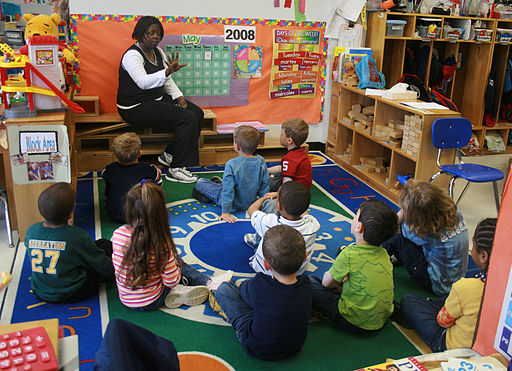Education vs Schooling
Although people often mistakenly equate schooling with education, these two terms are quite distinct. Education encompasses both formal and informal methods of acquiring knowledge, while schooling specifically refers to the primary and secondary stages of the formal education system. Education can take place through informal means, such as learning from peers, life experiences, reading, or online resources, as well as through formal channels like schools, universities, and training colleges. Therefore, schooling is just one aspect of formal education within the broader realm of education. This article will discuss the sources of knowledge, stages, and participants in both schooling and education as a whole.
Key Takeaways
- Education is a broader concept that includes both formal and informal means of acquiring knowledge, while schooling specifically refers to the primary and secondary stages of the formal education system.
- Schooling is just one aspect of formal education, which also includes higher levels of education institutions such as universities and graduate schools.
- Education as a whole includes both formal, institutionalized methods of learning and informal, personalized ways of gaining knowledge.
What is Schooling?
School is the initial stage of formal student education in most countries, and it is common for young children below the age of schooling to attend pre-schools for basic educational skills. Historical evidence of education institutions similar to present-day schools can be traced back to ancient Greek, Roman, and Indian civilizations. In these ancient contexts, attendance at formal education institutions was considered a privilege and depended on social classes. In modern times, school education is considered a basic right of citizens, and many countries have government schools with fees that are affordable for the general public.
Typically, children aged 6-8 are enrolled in schools and promoted to higher grades or classes based on their performance. Both public and private schools have specific curricula designed for each age group or grade. School administration is overseen by a principal or head teacher/master, who supervises section heads, unit heads, and class teachers. Students in schools are educated in classroom settings with teachers acting as resource persons, though computer-assisted learning may also play a role. It is important to note that the teaching process in schools is pre-scheduled and follows a rigid structure, including student categorization, administration, and promotion to higher levels. School education eventually leads to university or college education.
What is Education?
The term education covers not only formal but also informal methods of gaining knowledge. It includes formal means of education that start with schools and continue to universities, post-graduate institutes, and other higher-level institutions. The formal aspect of education is always systematic, pre-scheduled, and well-administered by authorities, with each stage of formal education leading to higher levels. Additionally, informal means of knowledge acquisition, such as learning from peers, in work situations, or from sources like books, online resources, and free lectures outside of educational institutions, are also part of education. The informal aspect of education is not systematic, pre-scheduled, or properly administered, and the learning content is often random or depends on the learner’s interests. Furthermore, there is no specific progression from one stage to another in informal education, as exemplified by the concept of lifelong learning. It is important to recognize that the term education encompasses both formal, institutionalized methods of learning and informal, personalized ways of acquiring knowledge.
What is the difference between Education and Schooling?
When considering schooling and education, it is important to note the following distinctions:
- Education is a broader concept that includes both formal and informal means of acquiring knowledge, while schooling is the first stage of formal education in most countries.
- Beyond schooling, there are higher levels of formal education institutions such as universities and graduate schools.
- Formal education methods like schooling differ from informal methods due to their pre-scheduled content, administration, and progression from one level to another.
- Education as a whole encompasses both formal and informal means of acquiring knowledge.
In conclusion, schooling refers to the formal education system that takes place in schools, while the term education covers a wide range of knowledge sources, both formal and informal.
